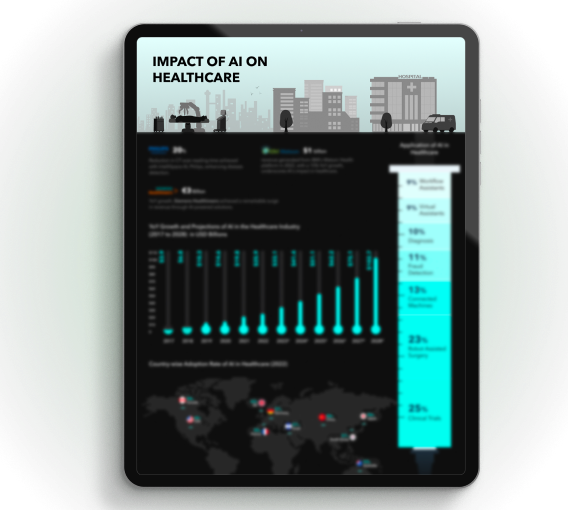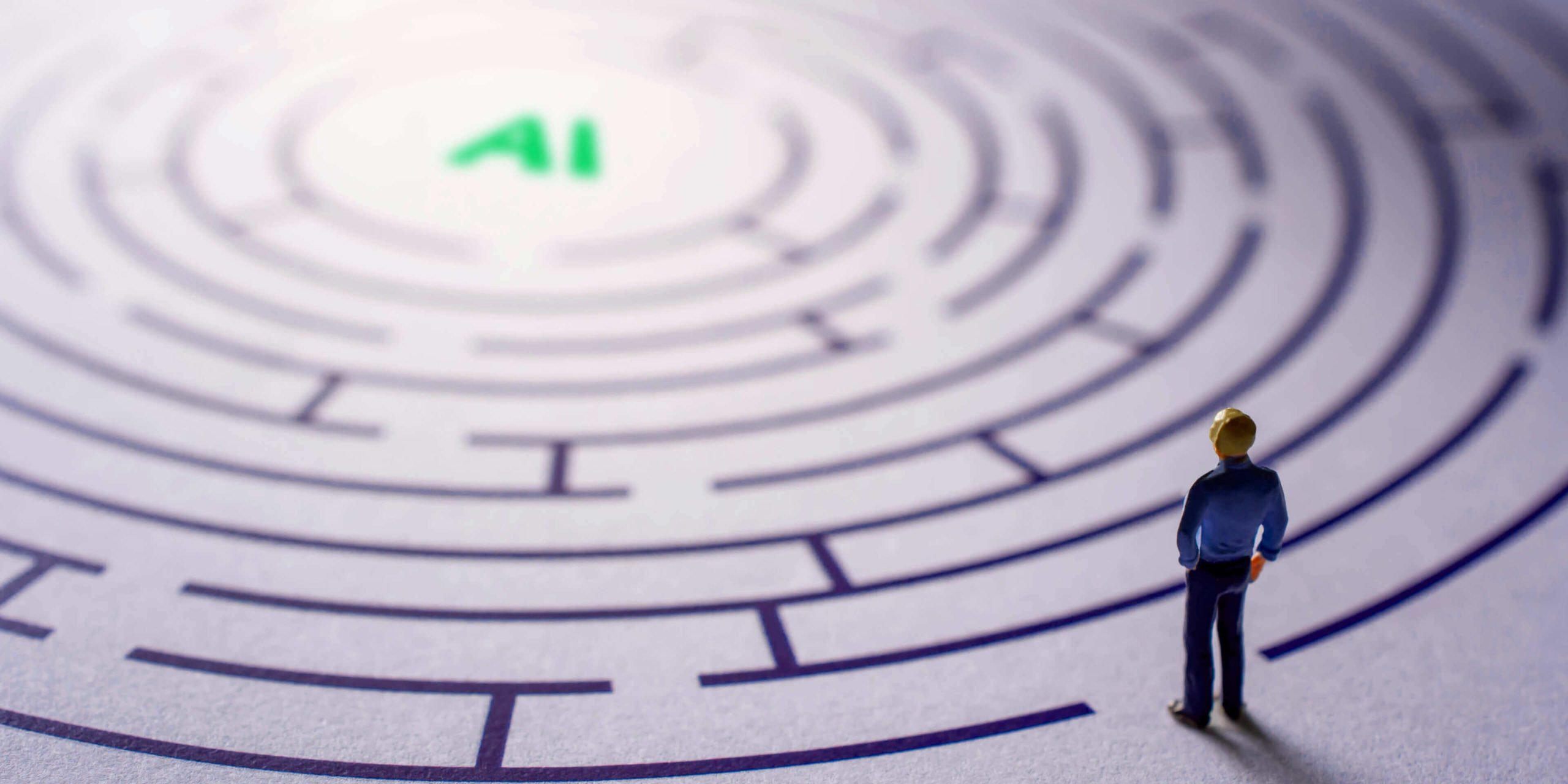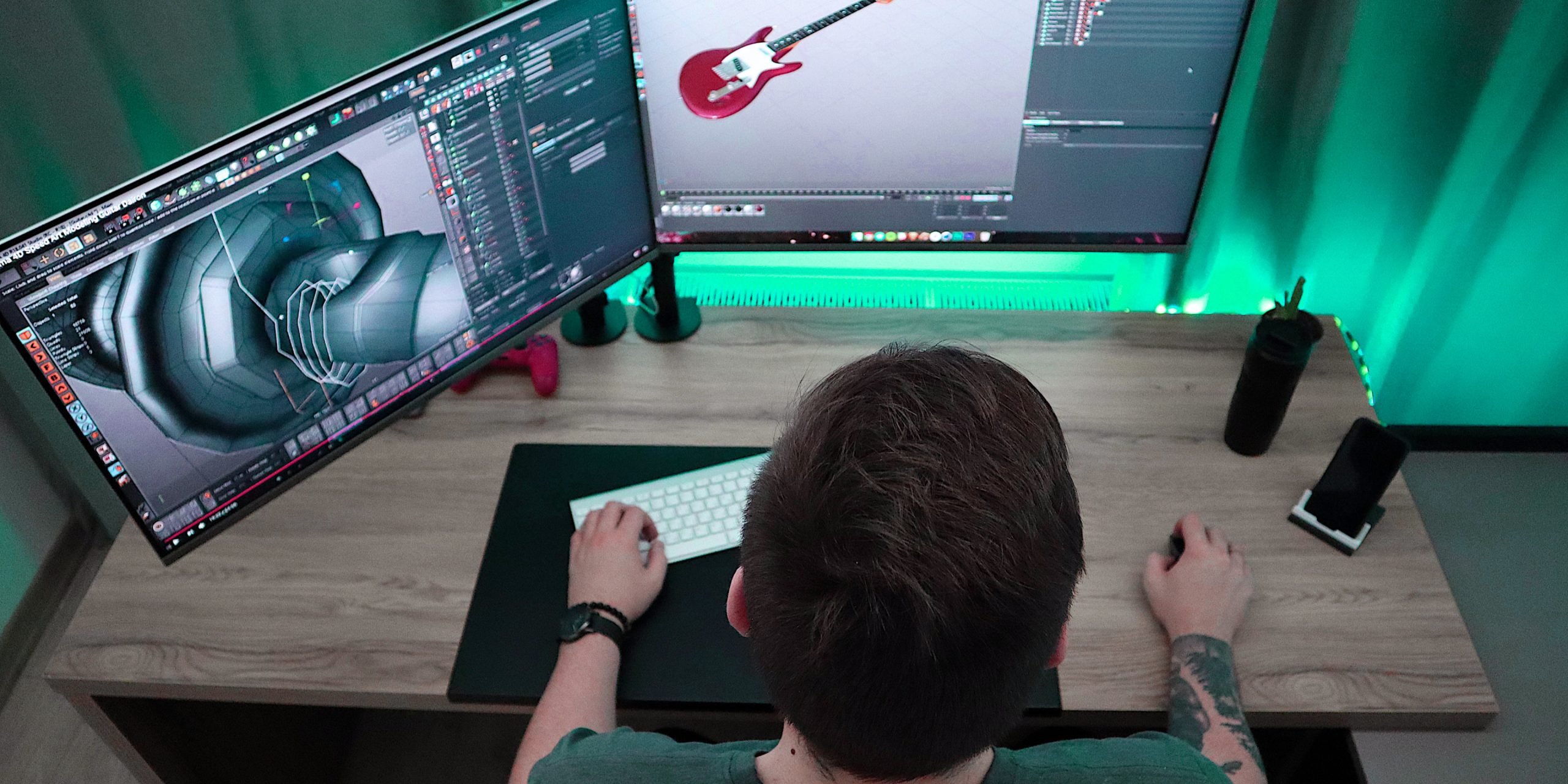- AI
- 10 min read
- October 2020
AI's Role & Future in Healthcare Industry Explained
When you talk about the role of AI in healthcare, you can talk about its countless applications. Be it discovering links between genetic codes, powering advanced surgical robots, or even maximizing hospitals' efficiency, AI has proved itself as a game-changer in the healthcare industry.
The AI sector is projected to reach $150 billion by 2026, crowning it as the world’s highest-growing industry.
With the help of machine learning, AI, and big data analytics, modern healthcare can comprehend any situation, predict the outcomes of surgeries and diagnosis predict, learn from the data fed into it, and act independently. Technology advancements help doctors, nurses, physicians, and surgeons worldwide a new opportunity to treat their patients with minimal error.
In this article, we unravel the marvels of modern medical science, AI, and its role in shaping the future of healthcare.
Why is AI important in healthcare?
Let us talk in numbers here, shall we? Back in 2015, medical errors and faulty diagnosis contributed to 10% of all US deaths. Based on this statistic alone, we can confidently say that improving the diagnostic process comes under one of the reasons for applying AI in healthcare.
Then, there are human errors resulting from cumbersome paperwork, overloaded cases, and mismanaged medical histories. For instance, in one of the studies, an AI model diagnosed breast cancer at a higher rate than 11 pathologists using algorithms and deep learning.
How is AI used in healthcare?
Artificial intelligence has come a long way since it was first established as a field in 1956.
AI can be applied in the medical field to recognize a pattern, develop robotics, and natural language processing, including speech recognition and translation.
There are numerous AI applications on the market today or awaiting approval that can improve patient care and potentially save lives. Using machine learning, developers train software algorithms to learn from and act upon the data, continuously improving its performance.
[Healthcare_Industry]
Here are a few examples of some tools that leverage AI in medicine and healthcare:
Virtual assistants
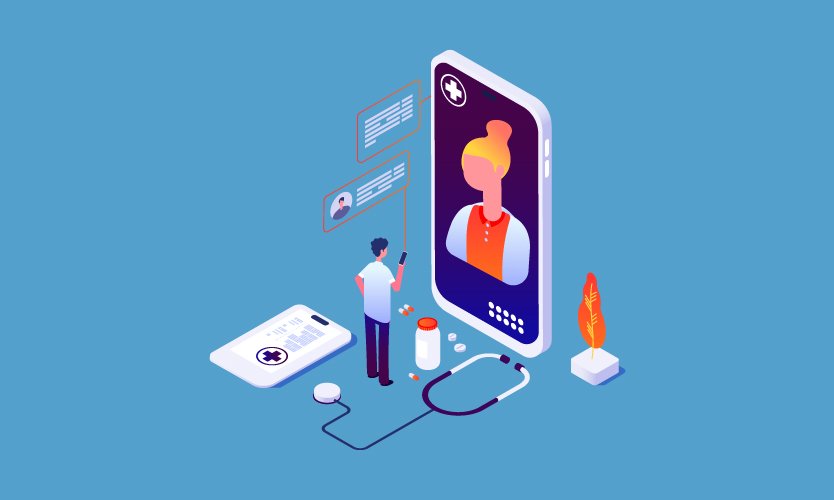
The VA (virtual assistant) can assist Alzheimer patients in carrying out their daily activities. Case in point of Brian LeBlanc, a 59-year old patient, diagnosed with Alzheimer’s in 2014. He started using his Amazon Echo Dot smart speaker to remind him about taking medication on time, having food, and even take baths. Using the smart device, this patient was able to take control over his life, once again!
MelaFind
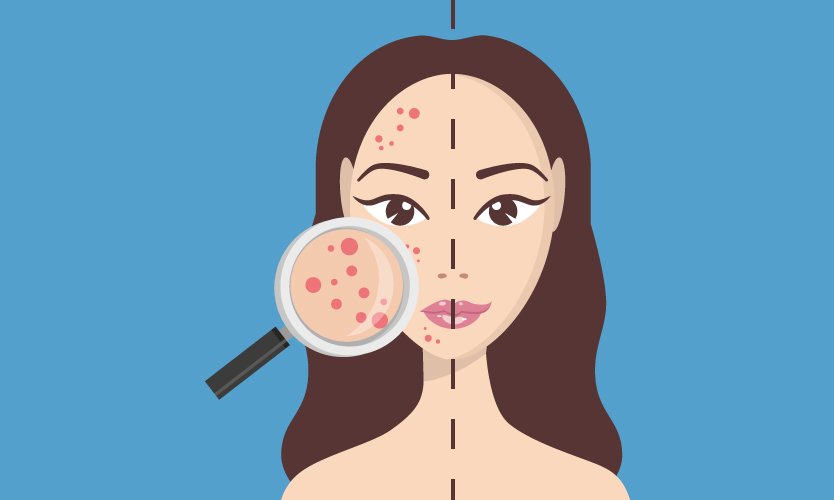
This tool uses infrared light to evaluate pigmented lesions, enabling dermatologists to analyze irregular moles and diagnose serious skin cancer such as melanoma. The intention here is to use various algorithms for early detection and not replace the biopsy procedure.
Robotic-assisted therapy
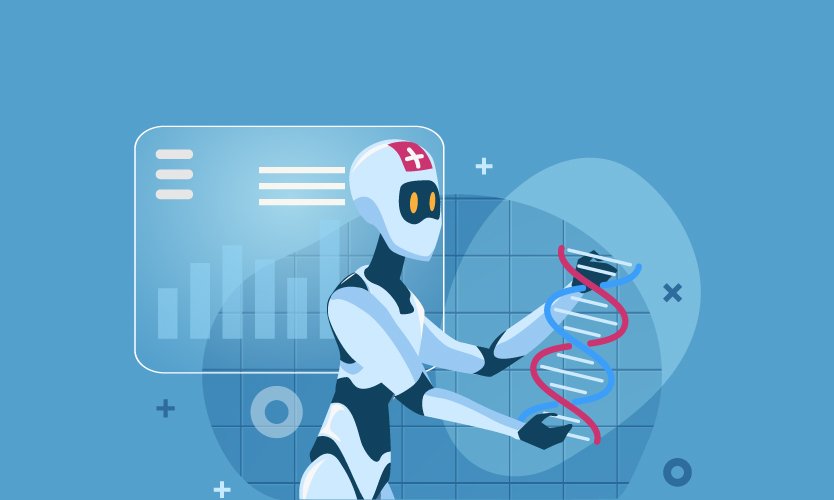
Bionik Laboratories Corp. (BNKL) uses robotics and AI for assisting patients from their stroke recovery. With digital algorithms, a robotic arm and hand detect motions that patients cannot execute during therapy and guide them through it. This technology allows patients to make more movements per hour in comparison to working with physical therapists.
Caption Guidance
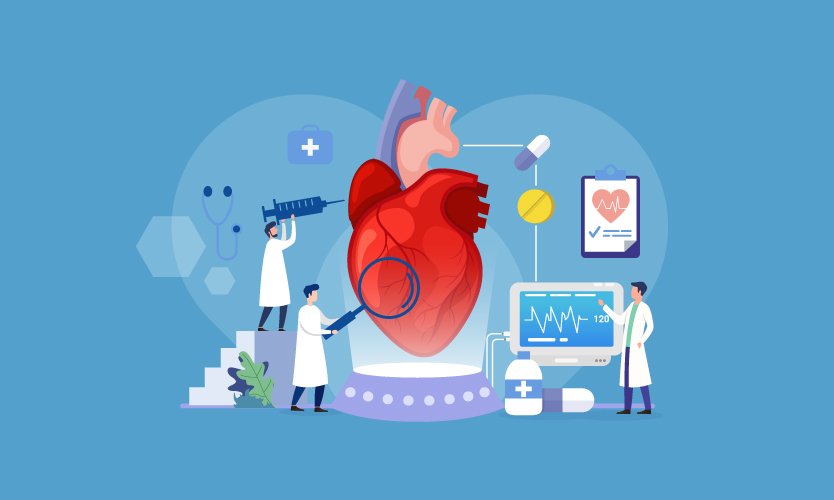
The Food and Drug Administration approved an AI-powered software. This tool enables medical professionals to capture diagnostic-quality echocardiographic images of a patient’s heart. Using machine learning (ML), the software spot high-quality 2D ultrasound images of the heart and even record video clips. This is a path-breaking achievement in the diagnosis of heart diseases.
What you just noticed here is some amazing application of AI, ML, and big data analytics in the healthcare industry. Let us take you through some more incredible advancements that make it possible to use AI in the healthcare industry.
Examples of AI in healthcare
AI offers several advantages over traditional analytics and clinical decision-making techniques. Learning algorithms can become more precise and accurate as they interact with training data, allowing humans to gain unprecedented insights into diagnostics, care processes, treatment variability, and patient outcomes. Let us take a look at some of the examples of AI in healthcare.
1. PathAi
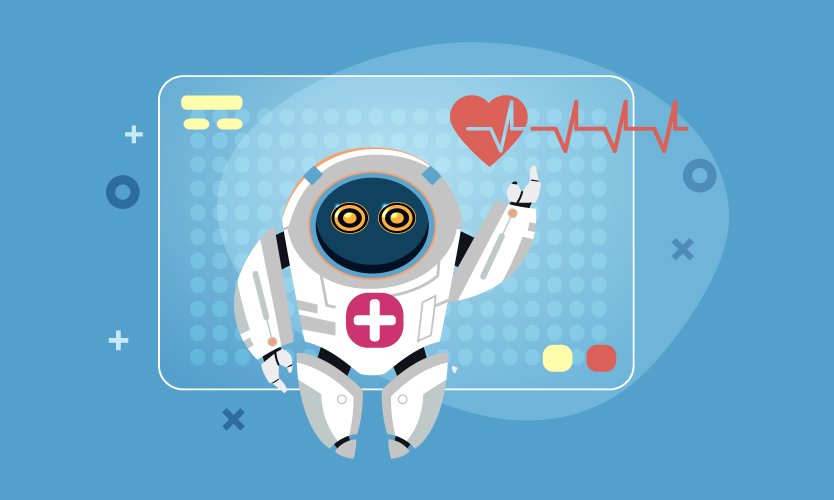
How does PathAi use AI?
PathAI is developing machine learning technology for assisting pathologists in making accurate diagnoses. The company's current goals include
- reducing error in cancer diagnosis
- developing methods for individualized medical treatment
PathAI has also worked with drug developers like Bristol-Myers Squibb and organizations like the Bill & Melinda Gates Foundation to expand its AI technology into other healthcare industries.
2. Buoy Health

Buoy Health is an AI-based symptom and cure checker. It uses algorithms for diagnosing and treating illness.
How it uses AI in healthcare?
A chatbot listens to the patient’s symptoms and health concerns. The data previously fed into the system then guides that patient to the correct care based on the diagnosis.
Harvard Medical School is one of the hospitals and healthcare providers currently using Buoy’s AI for quickly diagnosing and treating their patients.
3. Enlitic
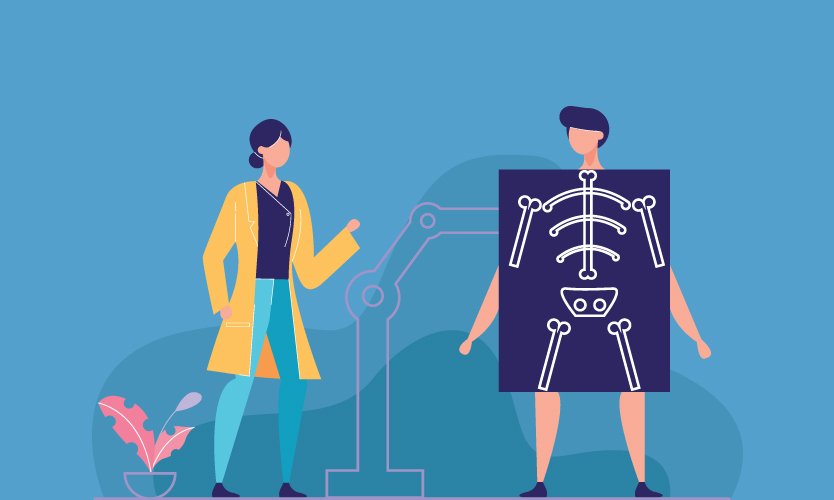
How does it use AI in healthcare?
Enlitic develops deep learning medical tools for streamlining radiology diagnoses. The deep learning platform analyzes unstructured medical data such as
- radiology images
- blood tests
- EKGs
- Genomics
- patient medical history
The tool allows doctors to understand a patient’s real-time needs better by going through all this data. Enlitic was named the 5th smartest artificial intelligence company in the world, ranking above Facebook and Microsoft.
4. Freenome
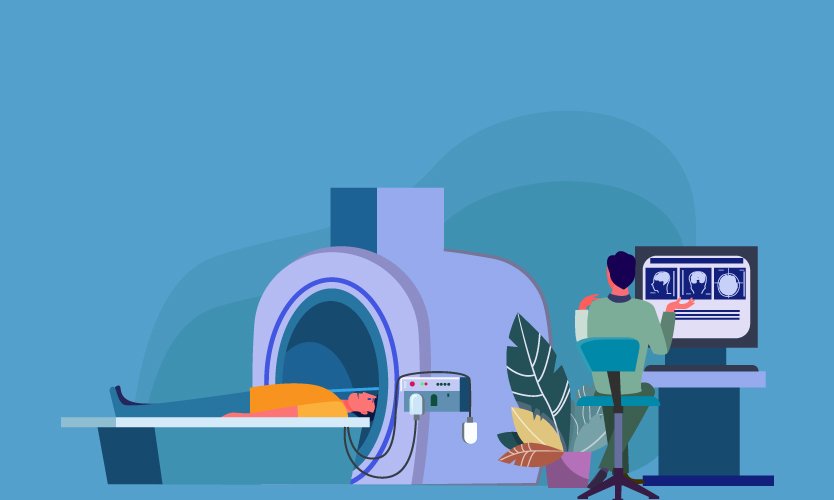
How does it use AI in healthcare?
For testing cancer, Freenome uses AI in screenings, diagnostic tests, and blood work. Freenome has deployed an AO at general screenings for detecting cancer in its earliest stages and develop treatments subsequently.
5. Beth Israel Deaconess Medical Center
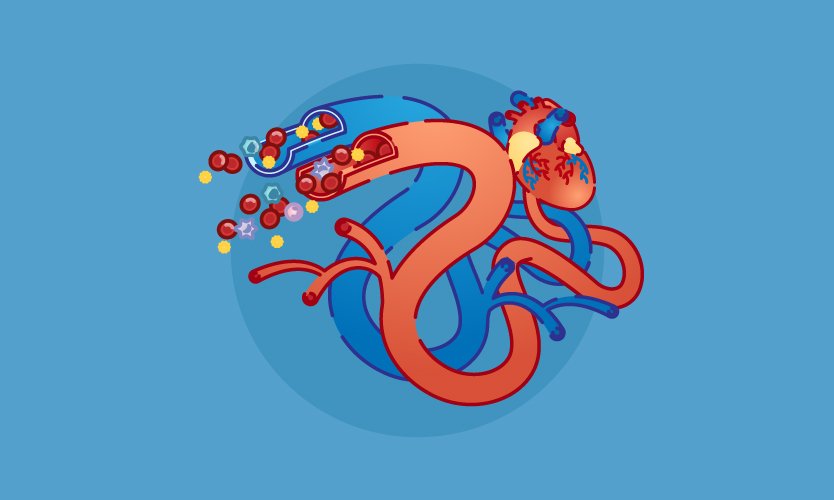
How does it use AI in healthcare?
Harvard University’s teaching hospital, Beth Israel Deaconess Medical Center, uses artificial intelligence for diagnosing deadly blood diseases at an early stage.
Doctors use AI-enhanced microscopes for scanning harmful bacteria such as E. coli and staphylococcus in blood samples. When compared to manual scanning, this approach provides results at a much faster rate.
To show the magnitude of its success, here are some numbers.
- Scientists used 25,000 images of blood samples.
- These samples were used for teaching the machines to search for bacteria.
- The machines learned how to identify and predict harmful bacteria in blood with 95% accuracy.
6. Zebra Medical Vision
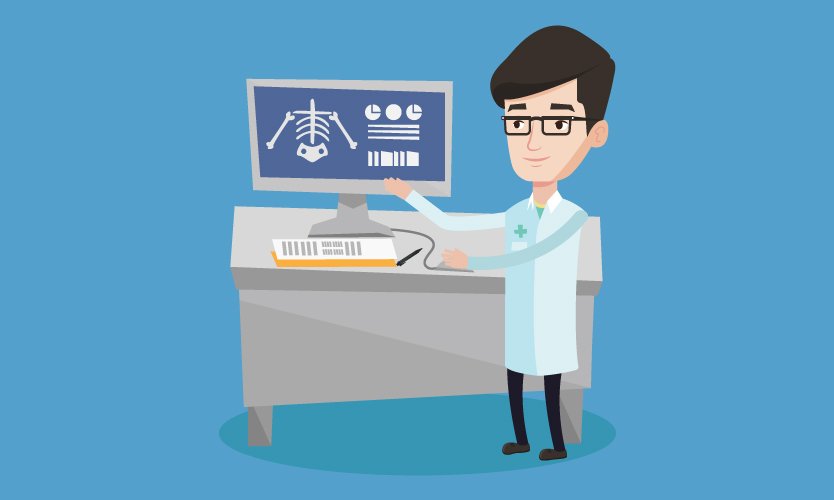
How does it use AI in healthcare?
Zebra Medical Vision provides an AI-enabled assistant to radiologists. This AI assistant automatically analyses the imaging scans for various clinical findings it has studied. Once the scanning is done, the AI assistant then passes its findings to the radiologists. The radiologist takes the AI assistants finding into consideration while deciding on an appropriate diagnosis.
7. Bioxcel Therapeutics
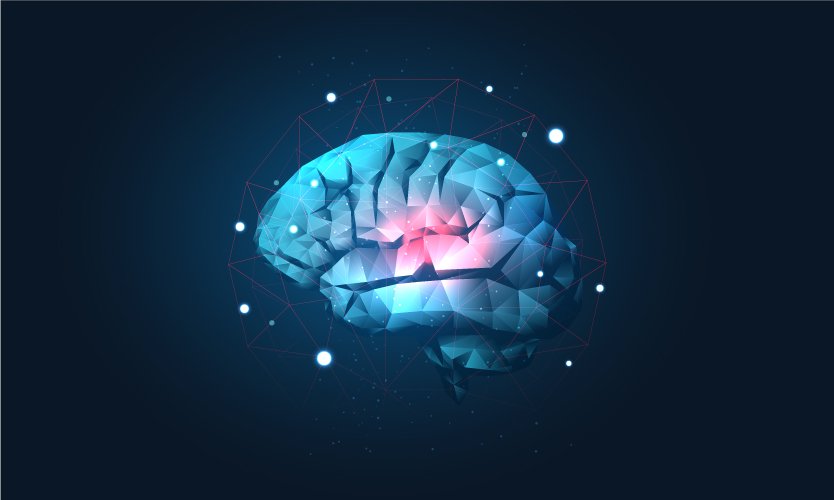
How does it use AI in healthcare?
BioXcel Therapeutics deploys artificial intelligence for identifying and developing new medicines in immuno-oncology and neuroscience. The company has a drug re-innovation program where it uses AI to find new applications of existing drugs or even identify new patients.
8. Berg Health
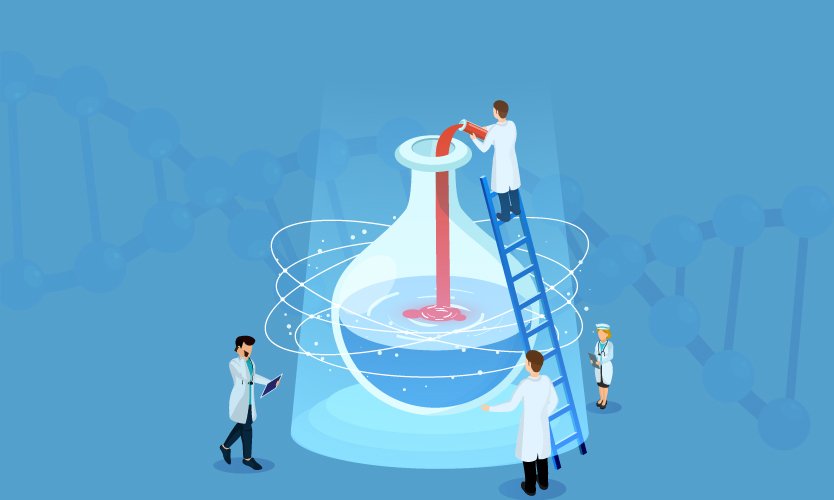
How does it use AI in healthcare?
BERG is a clinical-stage, AI-based biotech platform. It uses artificial intelligence for mapping diseases that help in accelerating the development of advanced medicines. BERG takes an “Interrogative Biology” approach with traditional R&D for developing robust medicines to fight rare diseases.
9. Xtalpi
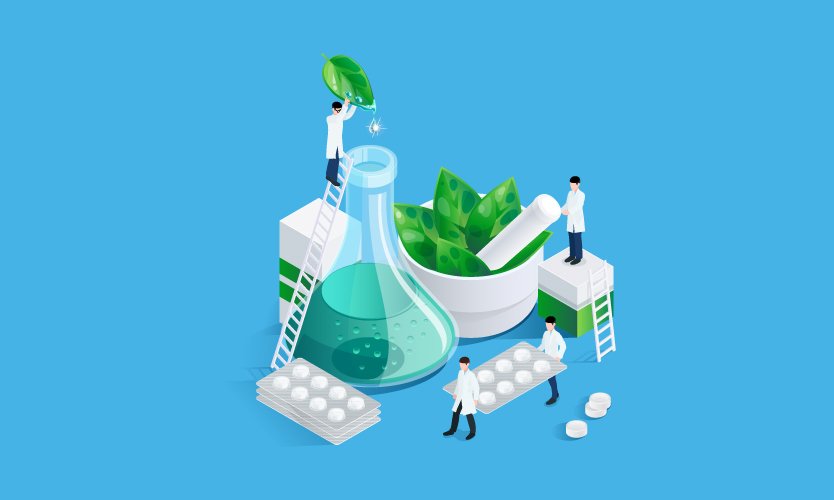
How does it use AI in healthcare?
XtalPi combines artificial intelligence, cloud, and quantum physics for predicting the chemical and pharmaceutical properties of small-molecule candidates for drug design and development.
10. Atomwise
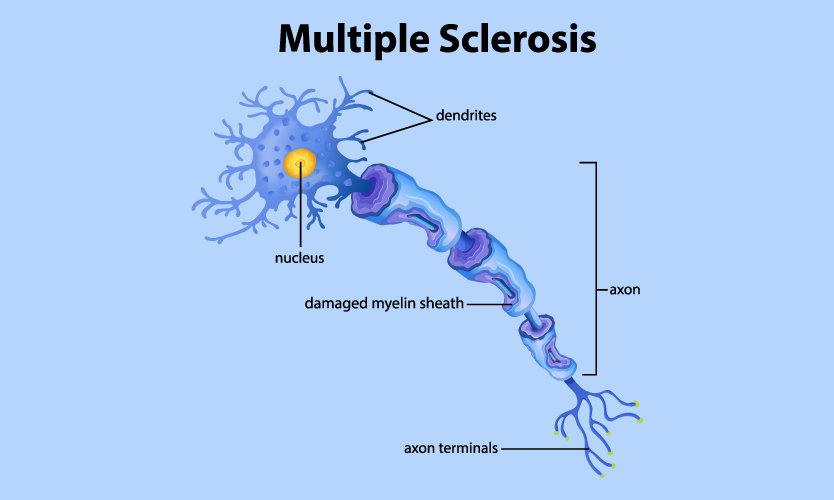
How does it use AI in healthcare?
Atomwise is using artificial intelligence for tackling diseases such as Ebola and multiple sclerosis. AtomNet, the company’s neural network, predicts bioactivity and identifies the patient’s characteristics for clinical trials. The AI technology screens around 20 million genetic compounds each day for delivering results 100 times faster than traditional methods.
11. Deep Genomics
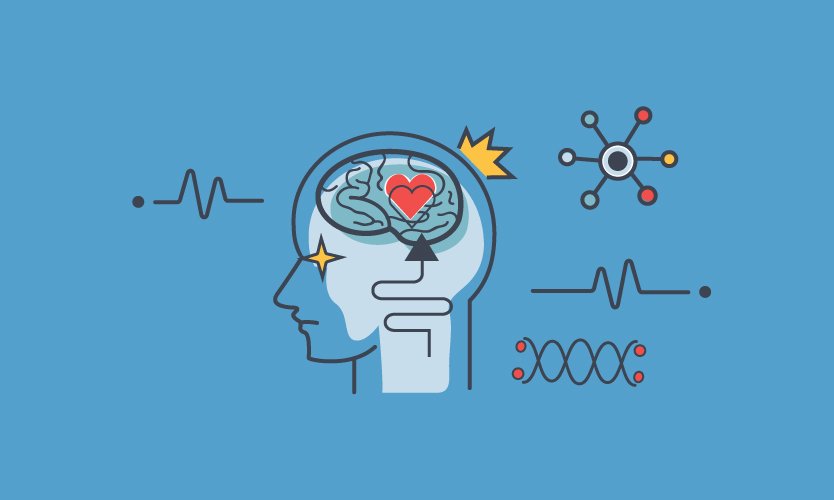
How does it use AI in healthcare?
With Deep Genomic’s AI platform, researchers can find candidates for developmental drugs that can be used for treating neuromuscular and neurodegenerative disorders.
Finding the correct candidate during a drug’s development stage raises the chances of successfully passing clinical trials while decreasing cost to market and the manufacturing time.
12. BenevolentAI
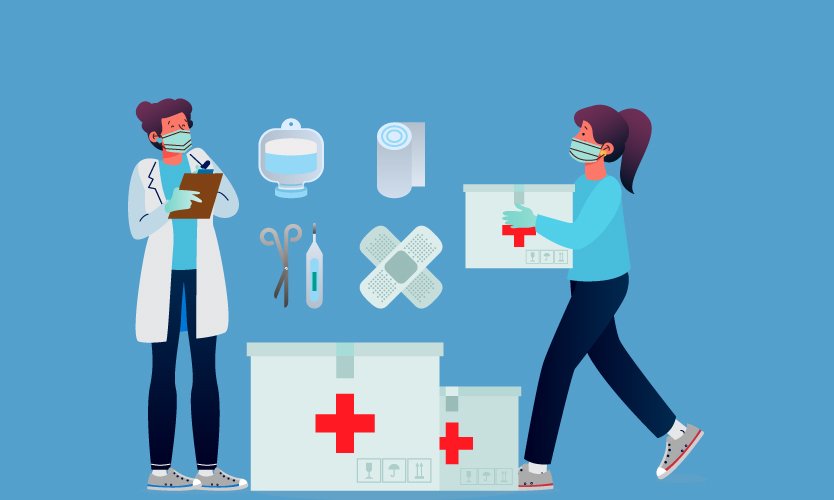
How does it use AI in healthcare?
Getting the right treatment to the right patients at the right time, which is the primary goal of BenevolentAI. They do so by using artificial intelligence for producing a better target selection and provide undiscovered insights using deep learning.
13. Olive
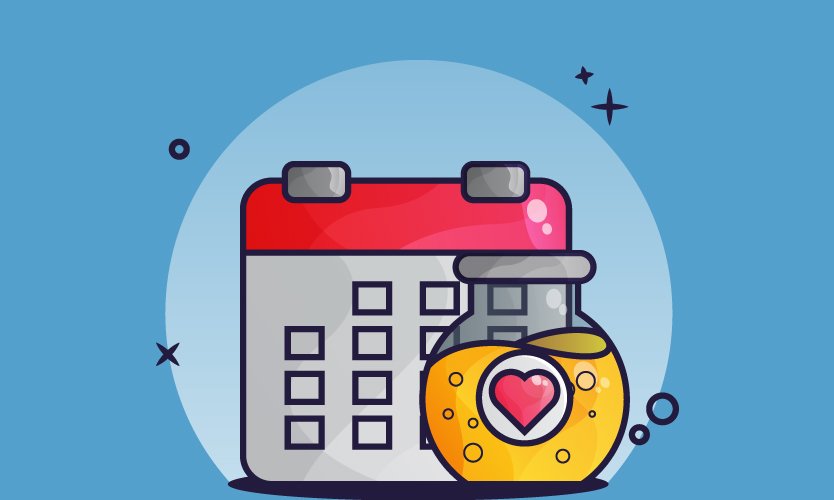
How does it use AI in healthcare?
With Olive’s AI platform, administrators can get themselves free from the healthcare industry’s repetitive tasks. Hospitals can use this AI platform for automating eligibility checks, un-adjudicated claims, and data migrations. By doing so, staffers can focus their attention on taking care of the patients instead of being busy in administrative tasks.
14. Qventus
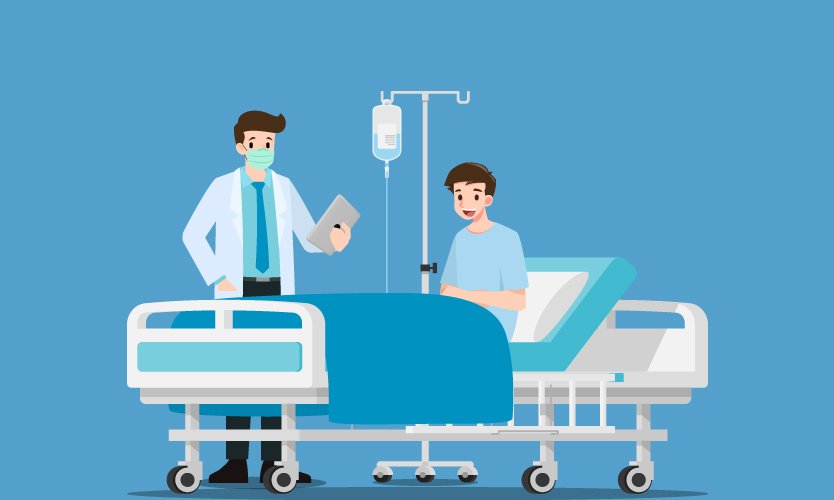
How does it use AI in healthcare?
CB Insights named Qventus one of its 100 Most Innovative AI Startups for 2019. They got this place because of their work in automating and prioritizing patient safety.
Hospitals can use Qventus’s AI-based software for solving operational challenges, including those related to emergency rooms and patient safety.
15. Babylon Health

How does it use AI in healthcare?
Babylon uses artificial intelligence to provide personalized and interactive healthcare systems, including in-person appointments with doctors anytime. They have an AI-powered chatbot that streamlines a patient’s symptoms for recommending either a virtual check-in or a face-to-face visit.
16. Cloudmedx
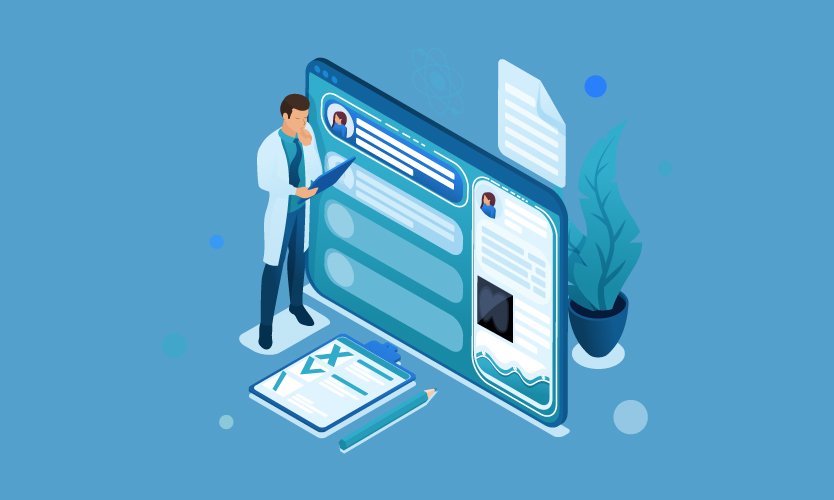
How does it use AI in healthcare?
CloudMedX uses machine learning for generating insights that help in improving patient journeys throughout the healthcare system.
It helps hospitals and clinics manage
- patient data
- clinical history
- payment information
All of this is done by using predictive analytics.
17. Cleveland Clinic
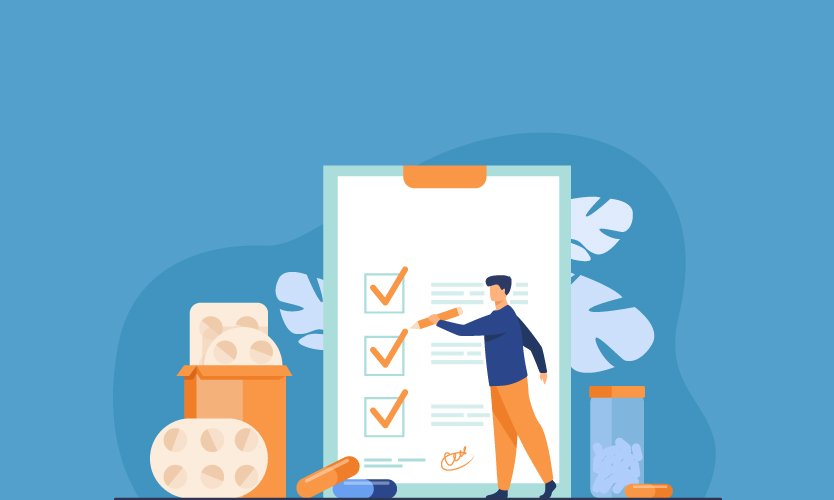
How does it use AI in healthcare?
The Cleveland Clinic uses artificial intelligence for gathering information on trillions of administrative and health record data points for streamlining the patient experience.
18. Johns Hopkins Hospital
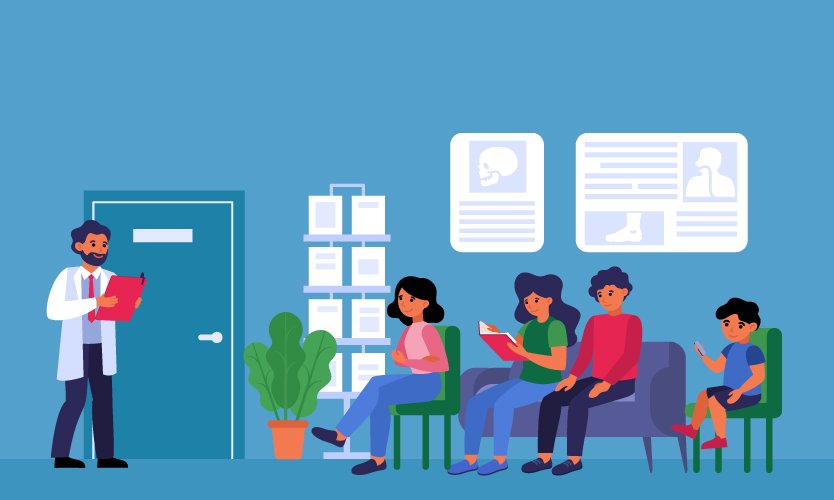
How does it use AI in healthcare?
Johns Hopkins Hospital, in partnership with uses predictive AI techniques for improving the patient's operational flow efficiently.
The administrative unit augmented with artificial intelligence quickly prioritizes hospital activity. Since its implementation, the program has showcased a 60% improvement in its ability to admit patients and a 21% increase in patient discharges before noon.
19. Tempus
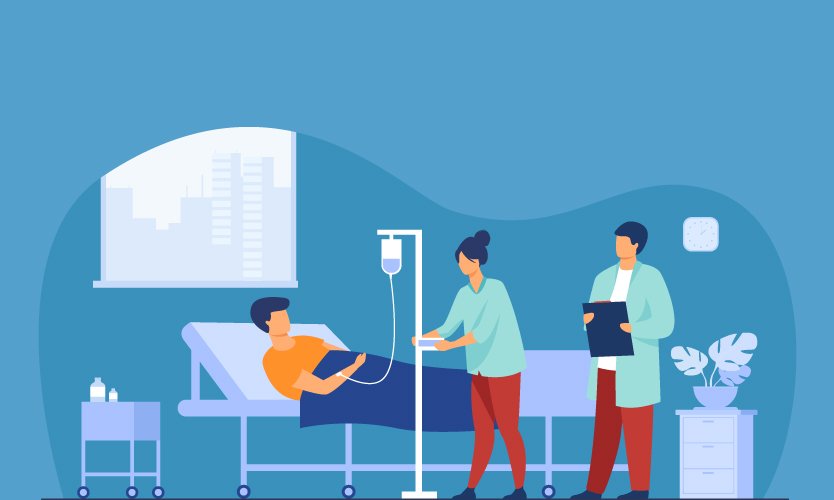
How does it use AI in healthcare?
Tempus uses AI for filtering the world’s most extensive collection of clinical and molecular data for personalizing healthcare treatments. The AI tool collects and analyzes data in everything from genetic sequencing to image recognition. This technology from Tempus is currently used for cancer research and treatment.
20. Kensci

How does it use AI in healthcare?
KenSci combines big data and artificial intelligence for predicting
- Clinical
- Financial
- Operational risk
It considers the existing data sources and foretells who might get sick or causing an increase in the hospital’s healthcare costs.
To conclude: AI has an important role to play in the healthcare industry
The healthcare industry will undergo a lot of dramatic changes. We have already seen some exceptional healthcare technology advancements in the last decade.
Be it finding a solution for chronic diseases, radiology, risk assessment, or treating cancer, leveraging upcoming technology is the answer.
Implementation of AI in healthcare has shown that it can be used for providing better care to the patients, assess the operational costing of hospitals, and read genetic codes.
There are endless opportunities once medical institutions start leveraging technology at a larger scale.
There can be a revolutionary change in the medical device algorithm development with embedded analytics and reporting solutions. FDA has already approved an EKG (electrocardiogram) to detect atrial fibrillation right from the patient’s health band. Medical devices are built on a connected services platform and include various components for
- data storage
- security
- accessibility
- mobile applications
Apart from advanced healthcare analytics, the medical industry needs to implement AI for deriving actionable information. This can be successfully done by including data science at the product design and life-cycle management stages.
Data science is considered a process of mathematical algorithms that predicts, controls, or describes the physical world interaction using AI automation. To bring data science into the product design realm, business leaders, product engineers, medical practitioners, and data scientists will need to work together
- identify the medical need and data variables
- develop analytical models
- design analytic algorithm
- test and verifying
- monitor real-time results
- maintain and update algorithm
How does Rapidops contribute to the application of AI in the healthcare industry?
Rapidops have been using analytics, artificial intelligence, and machine learning to give a competitive advantage to its clients’ using advanced analytics of connected medical device data. We have worked with healthcare organizations for developing cutting-edge medical products, especially for hearing aid devices and vision impairment.
We have been providing custom web development services to the healthcare industries. If you would like to know more about developing health tracking devices using data and intelligence to revolutionize your business, get in touch.

